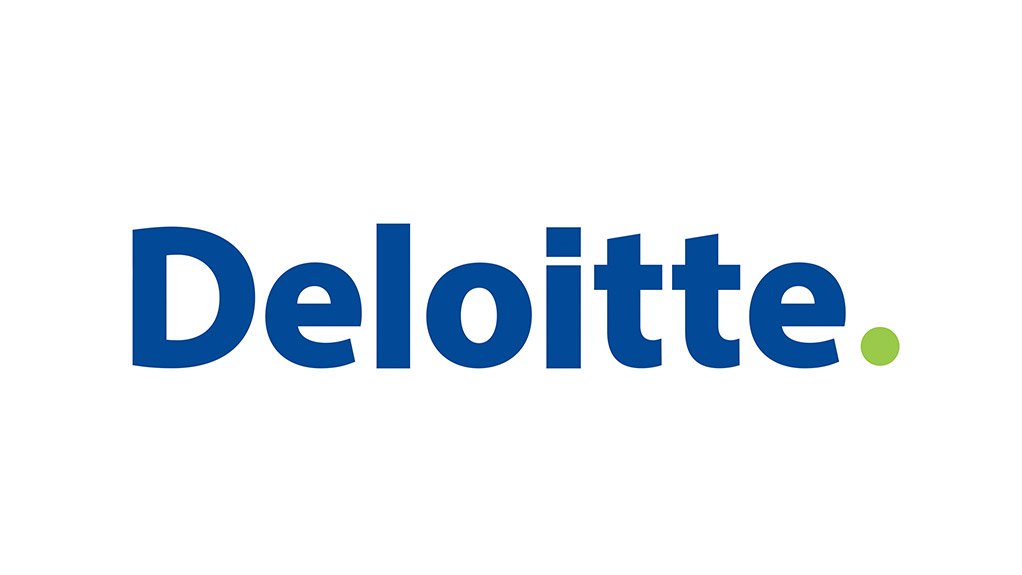The global oversupply of petroleum products and the slowdown of the global economy has caught many oil-producing countries but also some investors by surprise. As Africa’s largest oil producer, Nigeria’s growth outlook and fiscal position have been implicated negatively by ‘half-priced’ oil. In its most recent forecast for Nigeria, the IMF cut the country’s 2015 GDP growth rate from 4.5% to 4%, in contrast to actual growth of 6.3% in 2014.
Beyond the slower growth outlook, investors should also take note of a likely stricter regulatory compliance environment. Two of South Africa’s largest and most prominent investors in Nigeria – MTN and Standard Bank – felt the heat of tighter enforcement of regulations and government scrutiny this week.
MTN Nigeria – the largest subsidiary of the MTN Group – was presented with a N1.4tr (US$5.2bn) fine by the Nigerian Communications Commission (NCC – the communications industry regulator) related to the timing of the disconnection of 5.1-million subscribers in Nigeria. The fine resulted in a more than 12% drop in the parent company’s share price on the day of the announcement. In the banking sector, Stanbic Nigeria is currently facing sanctions in Nigeria due to alleged irregularities related to its financial statements. As part of the sanctions, the Financial Reporting Council (FRC) suspended the chairman and three directors of Stanbic IBTC
Holdings in Nigeria
In light of domestic revenue collection pressures it is speculated that regulators have collection targets and are using enforcement and penalties as tools to meet these. This could arguably be seen as an easier sell to the electorate than increasing taxes, or cutting civil servant salaries. However, the heavy-handed approach towards foreign companies, as well as large local companies (including FirstBank and UBA – which were fined N1.9-billion and N2.9-billion respectively for allegedly concealing Nigerian National Petroleum Corporation’s (NNPC) funds), is tainting Nigeria’s image as an investment destination and possibly increase policy uncertainties and regulatory risks for current and prospective investors in an already difficult operating environment.
Key takeaways
Strict compliance with local regulations is likely to become a major factor of doing business in Nigeria and should be matched by greater investments into capacity building in this area by companies. To mitigate the risk of being perceived as a less-friendly investment destination, the development and use of stronger international arbitration processes might help to strike a balance between regulators and the market going forward.
Written by Dr Martyn Davies, Managing Director, Emerging Markets & Africa, Frontier Advisory Deloitte
EMAIL THIS ARTICLE SAVE THIS ARTICLE
To subscribe email subscriptions@creamermedia.co.za or click here
To advertise email advertising@creamermedia.co.za or click here











